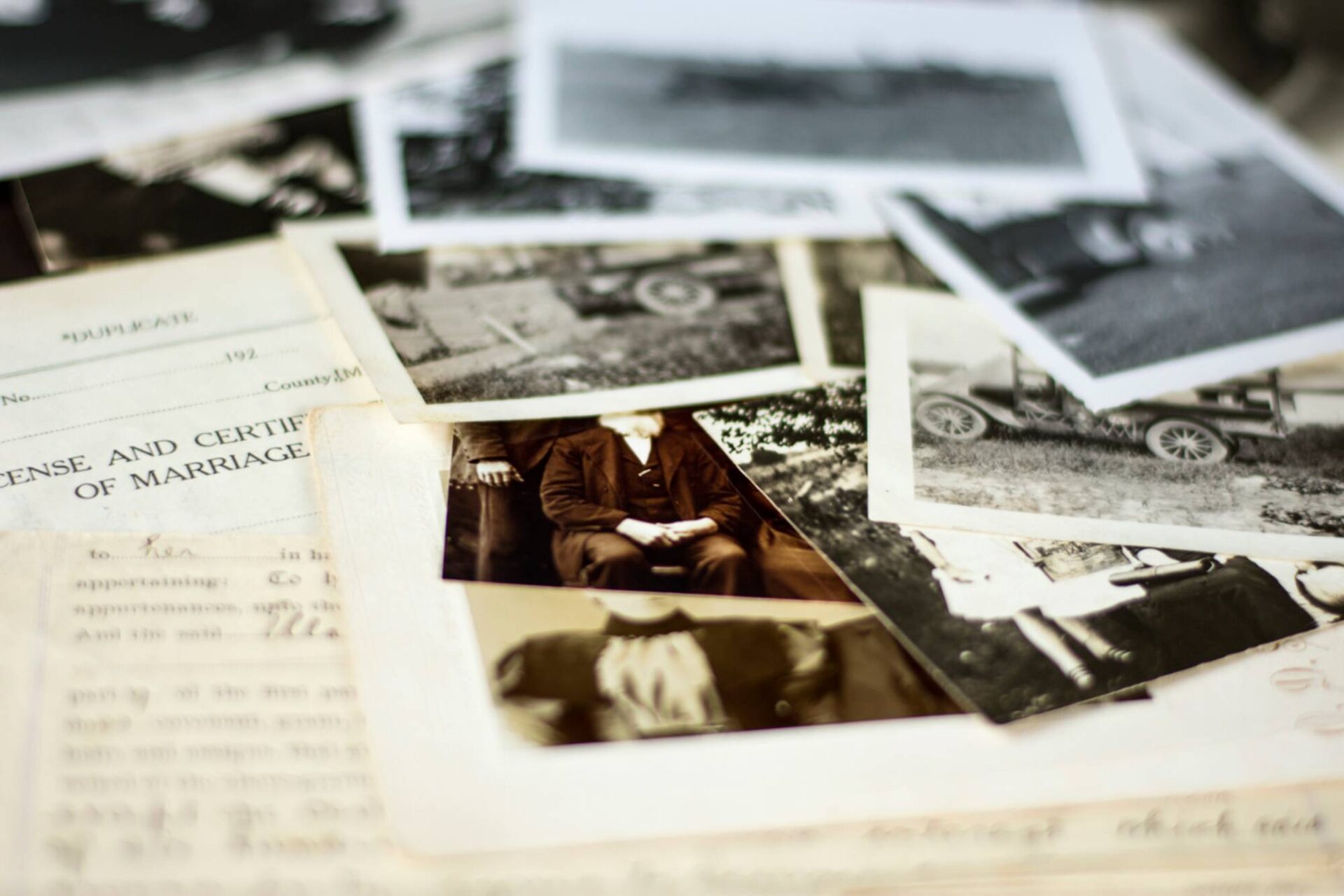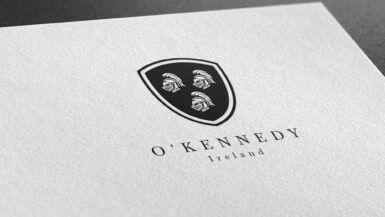Origin of the Surname
The surnames Allen and Allan, while commonly believed to have Celtic origins, are also closely associated with Norman and Breton settlers in Britain and Ireland. These names can be derived from the Gaelic word “ailín” meaning “little rock” or from the Old Breton word “alun” signifying a harmony or concord.
Etymology and Meaning
The names Allen and Allan often signify someone who lived near a hallmark or physical attribute like a rock or hill. The diminutive suffix suggests affection or endearment towards the landmark.
Earliest Known Usage
Allen as a surname has ancient origins, with early records found both in England and Scotland. In Ireland, its presence can be traced back to the medieval times when many British and Norman settlers began to make Ireland their home.
Geographic Distribution
Historically, the Allen name in Ireland was most prominently found in the province of Leinster, especially in the counties of Kildare and Dublin. With time, the name also established roots in Ulster due to Scottish settlers who bore the Allan variation of the surname.
Original Geographic Location
While the name’s roots as “Allen” can be found in England and Wales, “Allan” is predominantly of Scottish origin. Both variations, upon settling in Ireland, took on distinct characteristics and distributions based on regional influences.
Migration Patterns
The tumultuous history of Ireland, including periods of conflict, famine, and economic hardship, led many Allens and Allans to seek better fortunes abroad. As a result, the name can now be found in many parts of the world, particularly the United States, Canada, and Australia.
Historical Context
Notable Historical Events
Allens and Allans in Ireland, due to their widespread distribution, have been part of various historical events. From the medieval clan conflicts to modern political struggles, the bearers of this surname have played varied roles.
Involvement in Key Moments in History
During significant events, such as the Irish rebellions against English rule or the internal strife during the Irish Civil War, individuals with the surname Allen or Allan were found on both sides of the divide, reflecting the name’s widespread and diverse presence.
Notable Irish Bearers of the Surname
Famous Individuals
- William Allen – Often referred to as one of the “Manchester Martyrs”, William Allen was executed in England for his role in a Fenian uprising. His death made him a martyr for the Irish nationalist cause in the 19th century.
Influential Figures
Throughout history, Allens and Allans have been influential in various fields in Ireland, be it politics, arts, sciences, or religion. Their contributions have helped shape the nation’s cultural and social landscape.
Variations of the Surname
Spelling Variations
Apart from Allen and Allan, there are other phonetic variations and derivations, including Allyn, Alan, Alain, and Alen.
Regional Differences
In parts of Ireland, especially in the Gaelic-speaking regions, the name has been Gaelicized to forms like “Ailín” or “Álainn”.
Current Statistics and Distribution
Frequency and Global Distribution
Today, the surnames Allen and Allan are found globally, a testament to the migratory patterns of the Irish and Scots over centuries. Within Ireland, the name remains widespread, reflecting its ancient roots and subsequent dispersal.
Changes Over Time
From its early concentrations in Leinster and Ulster, the distribution of the surname within Ireland has become more homogenized, indicative of internal migrations and socio-economic shifts over the centuries.
Family Coat of Arms
The Allen family coat of arms often depicts a red shield featuring a silver or white chevron, accompanied by three buckles. This heraldry, rooted in medieval traditions, is a representation of fidelity and authority. The accompanying motto “Fortiter et Fideliter” translates to “Bravely and Faithfully”, symbolizing the virtues of the clan.






Leave a reply